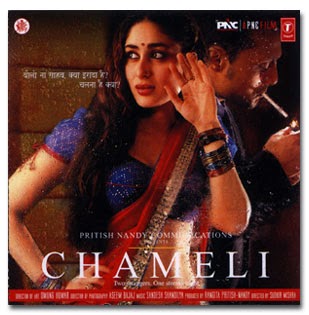Why Mumbai needs its Auto Rickshaws
Off late I've been hearing this entire group of people talking about why Mumbai should do away with Auto Rickshaws and how Mumbai needs stricter rules and fewer autos. There's an entire group of people fighting to get rid of, what I believe is an essential organ in Mumbai's functioning.
The problems that auto rickshaws are causing is mainly in terms of traffic, rash driving and exorbitant rates. There's a stronger opposition to their very existence on the roads from a privileged group of people who own cars, and find that auto rickshaws cram the streets, choking the city to standstills. Perhaps there are several other problems that auto rickshaws may cause to Mumbai in itself - the lack of available parking being 'hijacked' by autos, the extreme amount of noise made by autos - particularly the older ones, which barely match the speed of a cycle - and perhaps even the lack of aesthetic appeal in the designs of autos.
But here's the flip side, statistics prove that autos transport nearly 11 crore (110 million) people across India every day! The sad fact is, that Mumbai's public transport at present is not equipped to manage the volume of passengers using autos. Even if everyone gets stuffed into local trains and buses, parts of Mumbai are so remote or far away from public transport routes that it becomes difficult to access for people living in further distances. More importantly, Mumbaikars tend to use autos for shorter distances most often, and then the availability of public transport, which may not even cater to the short (but not walkable) distance comes into question; what are people supposed to do if not hail an auto?
Mumbai has nearly one lakh (100 thousand) autos. Which means that nearly one lakh people are employed because of autos and earn a living thanks to it. Without such a means of employment, one lakh people will probably have to look for other jobs in Mumbai, which with the current situation and their average skill level, will be a difficult task. Assuming that of these one lakh autos 95% are the sole breadwinners of their families, that brings the number of families thrown below the poverty line by nearly 95 thousand in Mumbai itself! The consequences of unemployment I shall leave for another day.
While a city like Mumbai is upgrading its public transport, it will take time and even once metros become popular and functional, autos will still be needed for areas where even buses do not go and will be needed to manage the number of commuters every day.
Returning to the problems faced by car owners and the privileged classes, I'm offering my two cents worth of solutions.
Statistics point out that nearly 1 out of 6 autos is illegal. Perhaps, if Mumbai traffic police crack down on these autos and in turn employ these specific people within their forces, Mumbai's traffic crisis will be aided. Mumbai's traffic police will not be as shorthanded and will find create a newer awareness of traffic regulation and understanding of rules.
Restrict the movement of autos in certain zones - once the metro is functional, bar autos from travelling on expressways, and restrict their movement to the short distance of to and from public transport stations.
Uber and Ola have already tied up with several autos to transport people - and since the current Prime Minister has such a strong desire for digitisation, tie up with all autos and digitise their functioning, perhaps even making it compulsory to carpool (like UberPool and OlaShare) within the auto rickshaw segment. Not only will this reduce the number of autos hired to travel in the same direction (often one auto per person) but will also benefit the auto drivers with higher wages, and aid the people of Mumbai with reduced burdens of auto tariffs.
Finally, Mumbai's traffic department will have to have stricter laws to provide licences for autos and all vehicles - since regulating traffic will then be tackled at the very root. Lane discipline and following traffic rules will truly aid the movement of traffic within the city, but only if it is enforced stronger than at present.
So while I do not agree with the petitions seeking to ban auto rickshaws, I do think that some action needs to take place instead of turning a blind eye at the ruckus.



Comments
Post a Comment